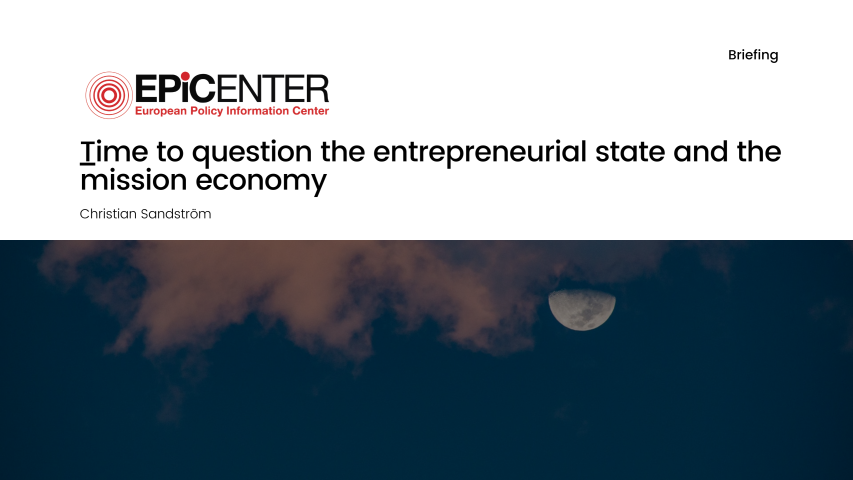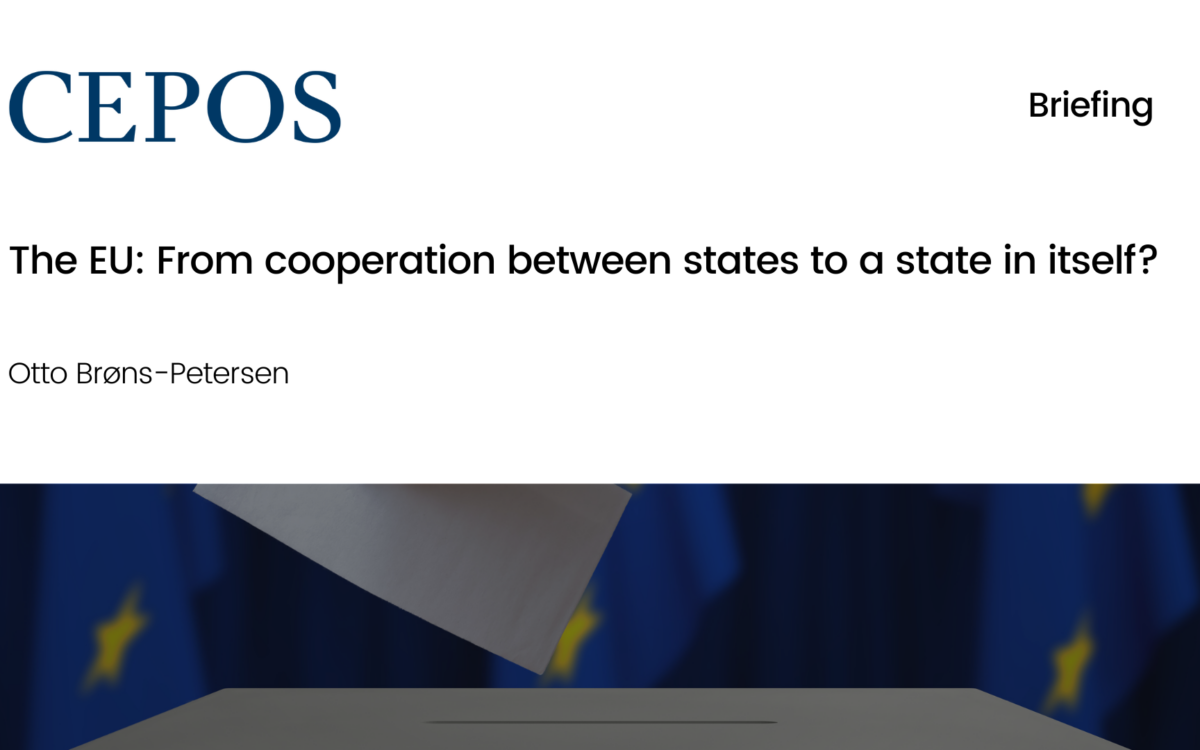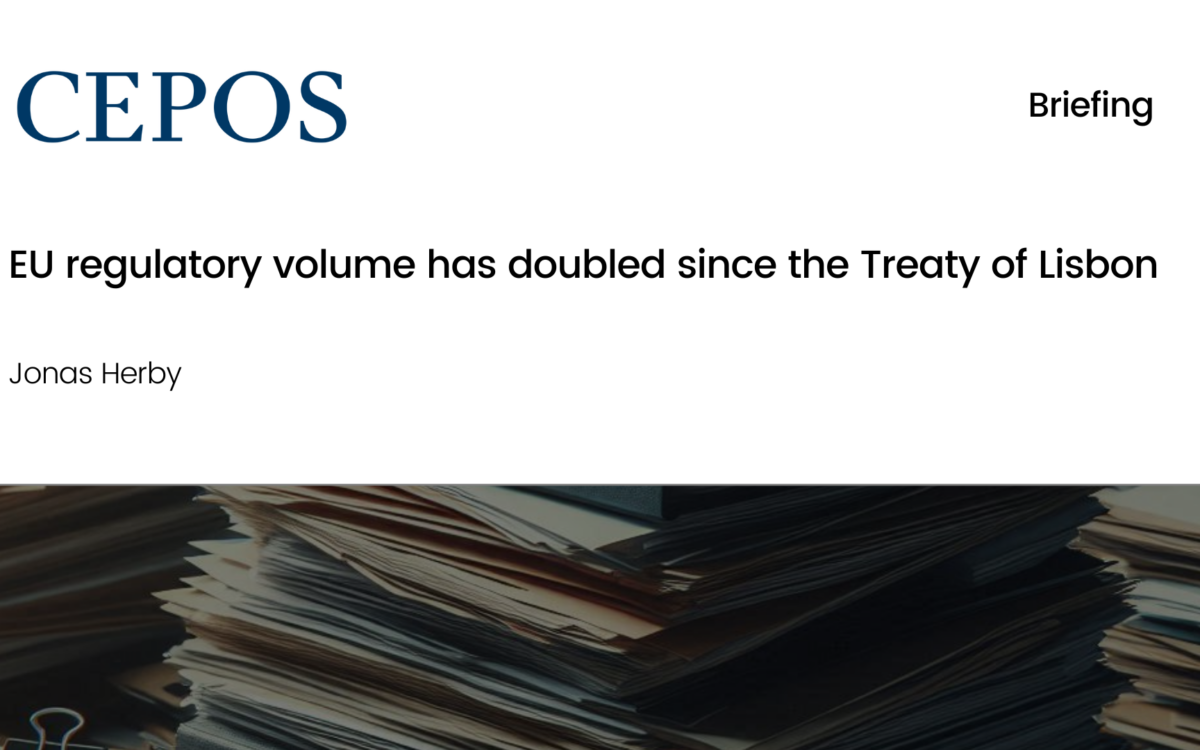Time To Question The Entrepreneurial State And The Mission Economy

Time To Question The Entrepreneurial State And The Mission Economy
16 June 2022
The EU and its member states are increasingly adopting a mission-oriented approach to tackling today’s pressing challenges. This line of thinking has been inspired by Italian American economist Mariana Mazzucato. After a long career as an innovation scholar, Mazzucato became famous with her book The Entrepreneurial State (2014), in which she argued that government efforts in innovation and technology had been critical in the past in promoting economic development. Laissez-faire policies were therefore misguided, she argued, and instead of stepping back, states ought to take a step forward and proactively push for development in key areas.
Mazzucato has inspired a generation of policymakers to take a more interventionist approach. Her most recent book, The Moonshot Economy (2021), takes another step towards changing policy orientations and tries to illustrate how governments can implement mission-oriented policies. A mission can be regarded as a grand societal goal formulated by policymakers, for instance putting a man on the moon, lowering CO2 emissions or sharp reductions in poverty.
Although these calls for an entrepreneurial state and a mission-oriented approach have been directed towards policymakers and popularised in a series of books, academics have paid surprisingly little attention to Mazzucato’s arguments. In a recently published book called Questioning the Entrepreneurial State (2022) co-edited by Karl Wennberg and Christian Sandström, 32 scholars make a systematic effort to address this rapid shift in policymaking and thinking. The book contains a combination of theoretical and empirical contributions, pointing out a collection of problems with Mazzucato’s claims, while also trying to articulate alternative directions for policy.
Download or share this publication
View the PDF
EPICENTER publications and contributions from our member think tanks are designed to promote the discussion of economic issues and the role of markets in solving economic and social problems. As with all EPICENTER publications, the views expressed here are those of the author and not EPICENTER or its member think tanks (which have no corporate view).



